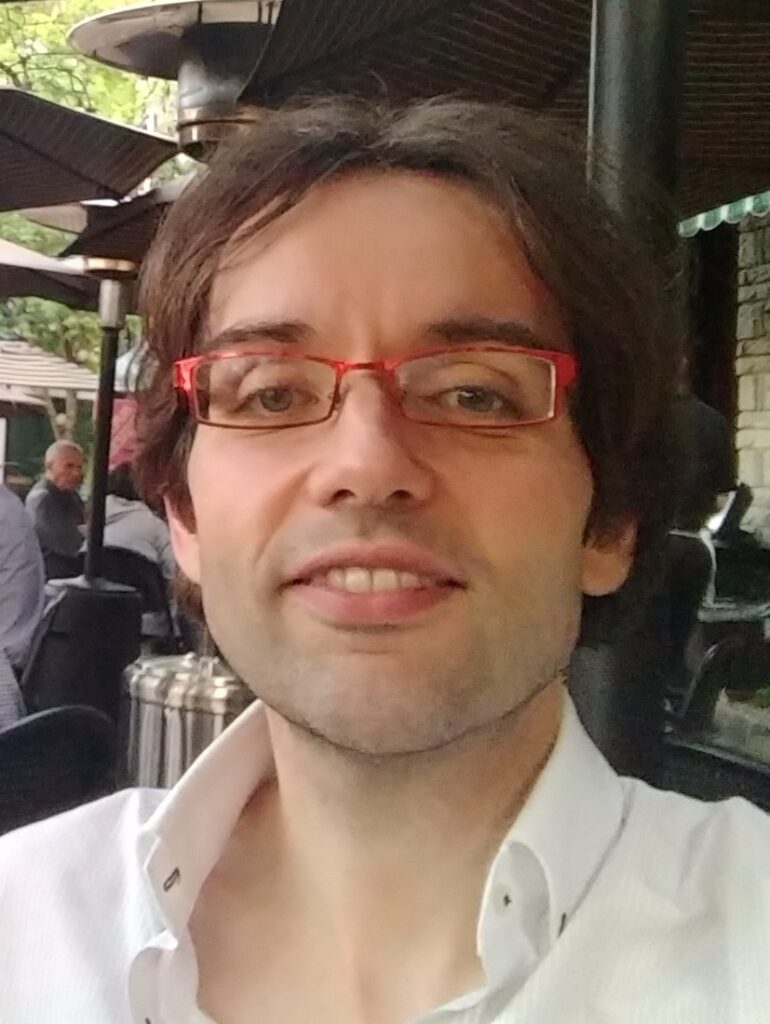Antonio G. Marques
Professor at King Juan Carlos University
Graphs are ubiquitous for modeling the irregular (non-Euclidean) structure of complex data. However, real-world scenarios often involve relationships that span several nodes. While hypergraphs can address such complexities, they lack the mathematical tractability and theoretical foundation of simple graphs. Our strategy for managing these intricate relationships involved employing simplicial complexes (SCs) to model the datasets. SC-aware models were used not only to uncover hidden patterns but also to serve as a foundation for learning the inherent SCs from the data—an essential step in representing, visualizing, and extracting insights from the dataset. Motivated by this, the primary goal of our proposal was to develop principled models and algorithms to learn SCs from data. Our contribution is twofold: a) formalizing a principled SC-learning problem based on the assumption that the simplicial signals are smooth in the unknown SC, and b) developing a low-complexity algorithm to solve the formulated problem.
Keywords: Graph Learning, Simplicial Complexes, Graphical Models
Scientific area: Machine Leraning and AI over graphs
Bio: Antonio G. Marques received his telecommunications engineering and doctorate degrees, both with highest honors, from Carlos III University of Madrid, Spain, in 2002 and 2007, respectively. In 2007, he joined King Juan Carlos University, Madrid, Spain, where he currently develops his research and teaching activities as a full professor. His interests lie in the areas of machine learning and signal processing over graphs and network optimization. He has served the IEEE under multiple roles and he currently is a senior area editor of the IEEE Trans. Signal Processing. His work has been awarded at several conferences and workshops. He is a Senior Member of IEEE, EURASIP, and the ELLIS society, and the recipient of the 2020 EURASIP Early Career Award.
Visiting period: 25/05/2024-30/06/2024 at Delft University of Technology
